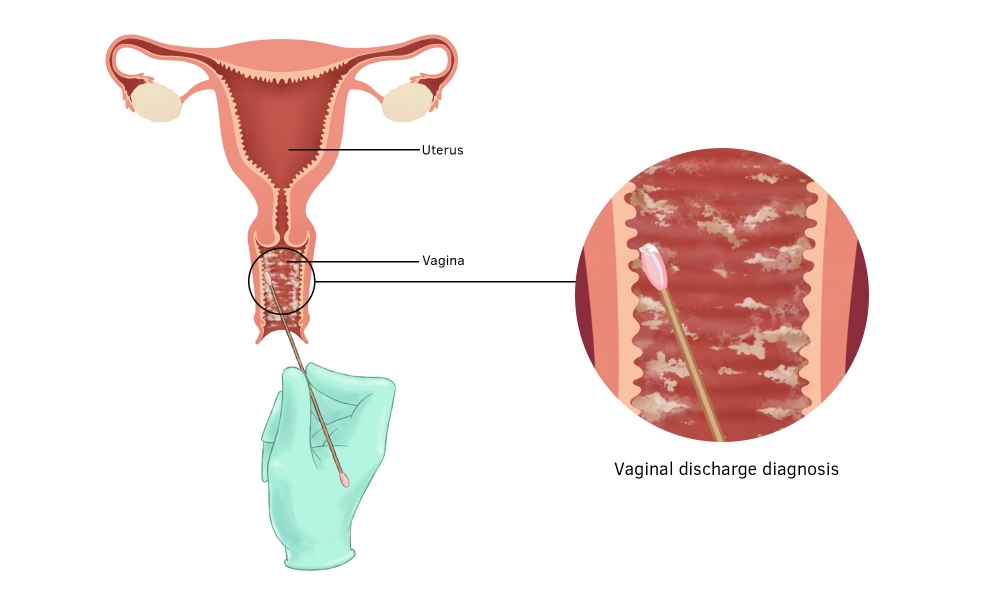Women’s health is a crucial aspect of overall well-being, yet many women tend to overlook the importance of visiting a gynaecologist regularly. A gynaecological check-up is not just about addressing issues when something feels wrong – it is also about preventive healthcare. Regular visits to a women’s health specialist can help in the early detection of problems, provide guidance on reproductive and sexual health, and ensure a healthier lifestyle at every stage of life.
In this blog, we will explore why regular gynaecological check-ups are vital, what they include, and how they can protect women from serious health conditions.
Why Regular Gynaecological Check-Ups Are Important
Many women believe that a gynaecologist consultation is necessary only during pregnancy or when experiencing problems like irregular periods, infections, or infertility. However, regular check-ups play a much bigger role:
-
Early Detection of Health Issues
Conditions like cervical cancer, ovarian cysts, fibroids, and sexually transmitted infections (STIs) often show little to no symptoms in the early stages. A routine examination can detect these issues early, making treatment easier and more effective. -
Preventive Screenings
Regular Pap smears, pelvic exams, and breast examinations are essential for early detection of cancers and other reproductive health issues. These screenings can save lives by identifying potential risks before they become serious. -
Hormonal Balance and Menstrual Health
Women often face challenges such as irregular periods, PCOS (Polycystic Ovary Syndrome), endometriosis, or menstrual pain. Regular visits allow gynaecologists to monitor hormonal changes and provide treatments that improve overall health and quality of life. -
Reproductive and Fertility Guidance
For women planning pregnancy, a fertility consultation with a gynaecologist is crucial. A gynaecologist can provide guidance on ovulation, lifestyle changes, pre-pregnancy check-ups, and safe conception methods. -
Sexual Health and Contraception
A gynaecologist appointment helps women understand safe contraceptive options, maintain sexual health, and prevent infections. It also creates a safe space to discuss intimate concerns without hesitation.
What to Expect During a Gynaecological Check-Up
Many women feel nervous about visiting a gynaecology clinic, but knowing what to expect can make the experience more comfortable. A typical gynaecologist visit includes:
-
Medical history review: Discussion of family history, menstrual cycles, and lifestyle.
-
Physical examination: Checking vital signs, breast health, and abdominal health.
-
Pelvic examination: To detect abnormalities in the uterus, cervix, or ovaries.
-
Pap smear test: To screen for cervical cancer and HPV infections.
-
Ultrasound or blood tests: If needed, to diagnose underlying reproductive health issues.
-
Counselling: Advice on diet, exercise, contraception, fertility, and menopause.
When Should You Visit a Gynaecologist?
Many women wonder how often they should schedule a gynaecological appointment. While it may vary based on age and health condition, experts recommend:
-
Annual check-ups for all women above 21 years.
-
More frequent visits if you experience symptoms like:
-
Abnormal bleeding
-
Severe menstrual pain
-
Unusual vaginal discharge
-
Pelvic pain
-
Symptoms of urinary tract infections
-
Concerns about fertility or pregnancy
-
Women approaching menopause or already in post-menopause should also schedule regular visits to monitor hormonal changes and prevent osteoporosis or reproductive cancers.

Benefits of Regular Gynaecological Check-Ups
-
Cervical Cancer Prevention
Regular Pap smear tests and HPV screenings can detect precancerous cells early, lowering the risk of cervical cancer. -
Better Menstrual Health
Conditions like PCOS, thyroid disorders, and endometriosis can be diagnosed and managed effectively. -
Improved Fertility Outcomes
Women who consult a fertility gynaecologist regularly have a higher chance of successful conception as issues are addressed early. -
Safe Motherhood
For expectant mothers, regular antenatal check-ups with a gynaecologist ensure a safe and healthy pregnancy. -
Guidance Through Menopause
A gynaecologist provides support with hormone replacement therapy (HRT), bone health, and lifestyle adjustments to manage menopause symptoms.
How to Prepare for a Gynaecologist Visit
To make the most of your appointment, keep these tips in mind:
-
Schedule your visit when you are not on your period.
-
Make a note of your menstrual cycle dates, symptoms, or changes.
-
List down questions about contraception, fertility, or hormonal health.
-
Share any family history of cancers, diabetes, or reproductive issues.
Conclusion
Regular gynaecological check-ups are not just a medical necessity but an investment in long-term health. Whether it is for cervical cancer screening, managing PCOS, planning a pregnancy, or navigating menopause, seeing a gynaecologist regularly empowers women to take charge of their health.
Every woman, regardless of age, should prioritize a gynaecologist consultation at least once a year. It ensures early detection, better reproductive health, and peace of mind. Remember, prevention is always better than cure – and your health deserves that care.







